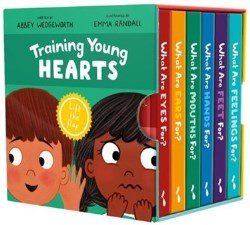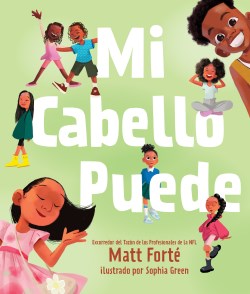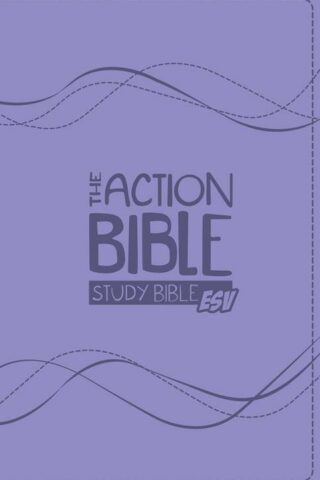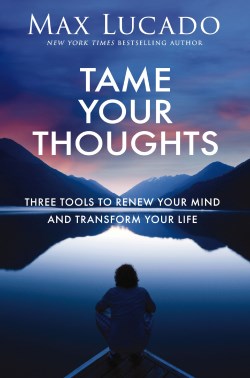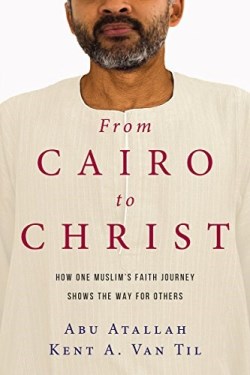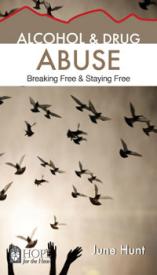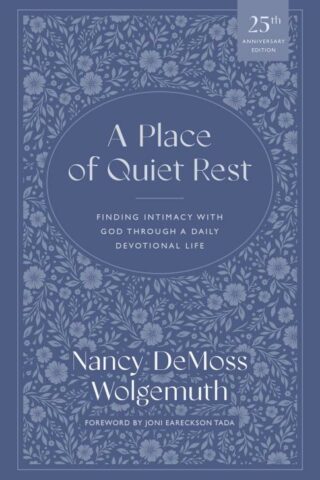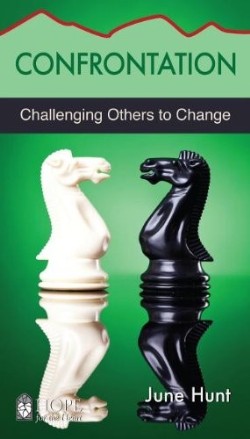Kent VanTil
Showing the single result
-
From Cairo To Christ
$22.9916 Chapters
Additional Info
If I were to become a Christian, it would mean not only changing my religion but changing my whole identity, and bringing shame upon my family. My whole family is Muslim, and my society and culture were Muslim. . . . Changing from Islam to Christianity would mess up my life forever. So writes Abu Atallah, who grew up in Cairo as an ordinary Egyptian Muslim. He was deeply embedded in his family, religion, and country. For a time he was part of the Muslim Brotherhood. But as he came of age, he began to encounter people who followed a different way, who called themselves Christians. And a radically new life became possible-at great cost and risk, yet with great joy. From Cairo to Christ is the remarkable story of how one Muslim man was drawn to the Christian faith, and how he later became an ambassador for Christ with a ministry in the Muslim world. Atallah has personally helped hundreds of Muslims come to Christ. This narrative sheds light on Islamic cultural dynamics and what Westerners should know about Muslim contexts. Despite the challenges facing believers from Muslim backgrounds, God is bringing surprising numbers of Muslims to Christ. Discover how the good news of Jesus transforms lives in Muslim communities around the world.Add to cartin stock within 3-5 days of online purchase

